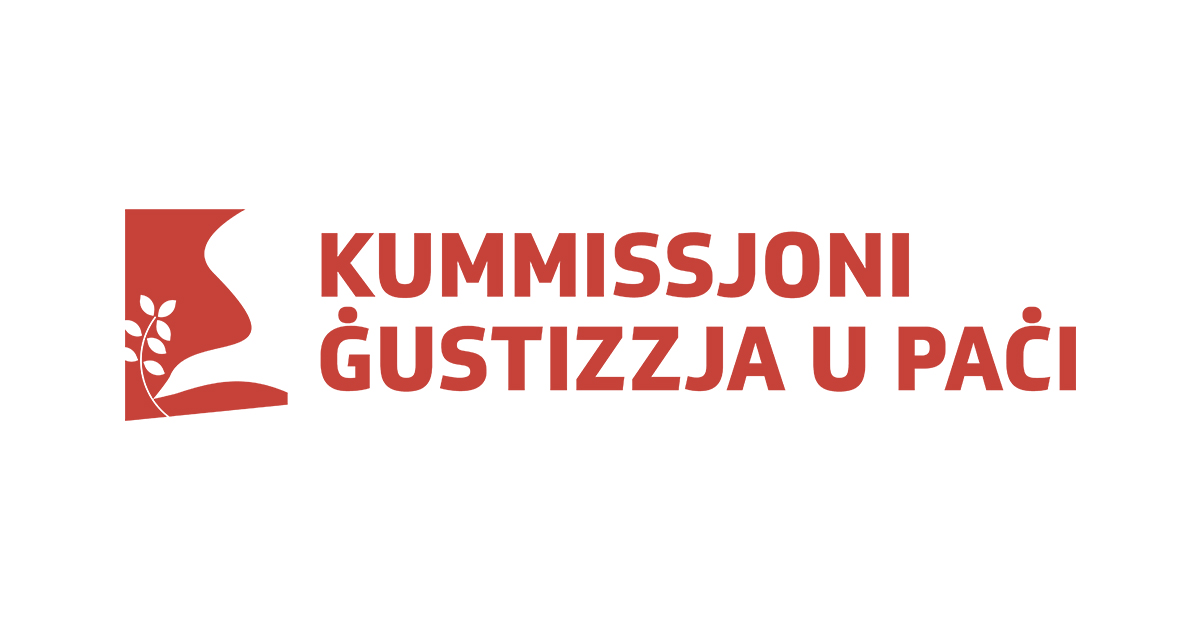The latest NSO data shows that Malta’s general government debt continued to grow, reaching €9,976.2 million by the end of March. This figure represents 50.4% of the country’s gross domestic product and marks an increase of €726.3 million compared to the first quarter of 2023.
Despite a narrowing deficit, the relentless rise in debt paints a portrait of a generation that squanders its resources, leaving a heavy burden for those yet to come. An example of such irresponsible squandering is the energy subsidy scheme.
This subsidy scheme, despite its good intentions, is riddled with flaws and threatens the long-term viability of the Maltese economy. Implemented to ease the burden of inflation, it’s become unsustainable.
The European Commission has urged reform for future stability, yet, both Prime Minister Robert Abela and Finance Minister Clyde Caruana resist changes, as does the opposition, due to the possible political short-term consequences. Nevertheless, a revaluation is crucial to understand the long-term consequences of maintaining the current policy.
One of the primary issues with the current subsidy structure is that it encourages wasteful energy consumption. Since everyone pays the same subsidised rate, those who use more energy receive a larger subsidy. This creates a perverse incentive, rewarding high consumption instead of penalising it.
In a world increasingly aware of the environmental impacts of energy usage, such an approach is not just economically unsound but also environmentally irresponsible. Our priority should be promoting energy-saving measures, yet, our current subsidies achieve the opposite effect.
Moreover, this broad-brush approach to energy subsidies fails to distinguish between essential needs and non-essential luxury activities. Taxpayer money ends up subsidising fuel for pleasure boats and other non-essential luxuries, diverting resources from those who genuinely struggle with energy costs. This indiscriminate approach promotes a sense of unfairness, draining the country’s resources that could be better spent elsewhere.
These subsidies are presented as an act of solidarity. However, as Pope St John Paul II explained, true solidarity requires a “firm and persevering commitment to the good of all” and a willingness to make personal sacrifices to help others in need. These subsidies allow people to maintain their lifestyles without any sacrifice while the burden falls on others, particularly future generations.
Wasting energy resources not only depletes finite supplies but also increases pollution and accelerates climate change. Thus, the financial debt incurred by borrowing to fund these subsidies is compounded with an environmental debt that our children and grandchildren will inherit, inherently impacting their quality of life.
Given Malta’s escalating debt and overreliance on GDP growth, the least we can do is to reorganise the subsidy scheme to focus on helping the vulnerable and limiting wasteful behaviour. By targeting subsidies towards those who genuinely need assistance, we can ensure that our resources are used more efficiently and equitably.
This approach would not only encourage energy-saving practices and reduce unnecessary consumption but also align with broader environmental goals.
A revised subsidy scheme should be part of a broader strategy to promote energy efficiency and environmental sustainability. This could include investing in renewable energy infrastructure, which would reduce reliance on fossil fuels and contribute to long-term energy security. Additionally, implementing measures to improve energy efficiency in homes and businesses could further reduce consumption and lower costs.
The need to revise Malta’s energy subsidy scheme is not merely a bureaucratic suggestion but a call for responsible governance. Reforming the subsidy scheme can demonstrate a commitment to fiscal prudence, environmental stewardship and social equity.
By targeting the subsidies towards those who genuinely need assistance and investing in renewable energy infrastructure we can ensure that our resources are used more efficiently and equitably.
This approach would encourage energy-saving practices and reduce unnecessary consumption, aligning with broader environmental goals.
It is time for Malta to implement a reformed system that benefits both current and future generations. Such reforms would not only address the immediate economic challenges but also contribute to a more sustainable and equitable future.
Considering the rising government debt and the pressing need for environmental sustainability, Malta must act decisively to ensure that its energy subsidy scheme supports a more resilient and responsible economy.
Daniel Darmanin
President of the Justice and Peace Commission
This article first appeared on The Times of Malta (11/07/2024)



